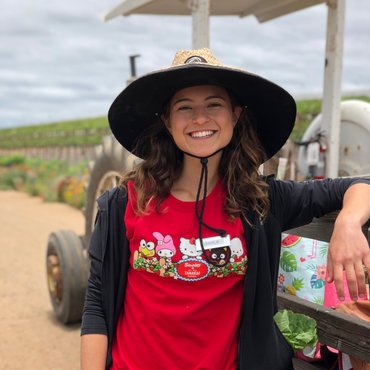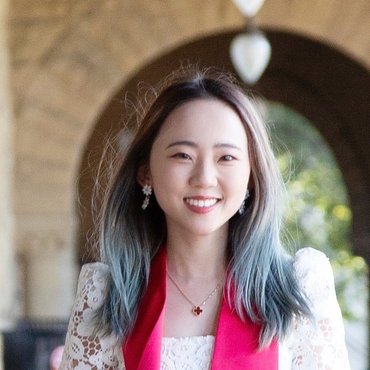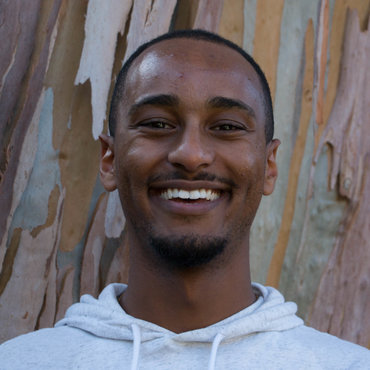
Aysu Sarigul, '22
Redefining human rights work
The story of my summer interning for human rights lawyers does not begin with a quote that changed my life. It does not follow the steps of Dan Harmon’s Story Circle — the hero’s journey from the comfort zone to the changed self. I did not save anyone’s life.
In fact, my internship with the Lawyers’ Association in Turkey, a pro-bono organization that defends political prisoners’ rights, made me question a decision I made to be a lawyer when I was a freshman in high school. As a rebellious and naïve teenager who excelled at debating, I believed that a well-prepared defense would always win.
But I did not yet understand the difficult lives of human rights lawyers in my country of Turkey, a place where the democracy score dropped nine points to zero out of ten from 1999, the year I was born, to the present day.
I made my first prison visit when I was 18, visiting children of political prisoners in my hometown. The lawyer I was shadowing was raising funds for a kindergarten in prison. It was a significant issue at the time because the school in the region was over capacity. Many children living with their incarcerated parents did not have access to any formal education. When the funds were finally raised for the kindergarten class, I felt guilt instead of joy. These innocent children were in prison while I was free.
This was why I knew from the very beginning of my internship through the Stanford Center for Human Rights and International Justice that the work was going to be challenging for me. The pragmatic Stanford student in me would feel helpless from a lack of a tangible outcome or any indication of success.
Despite my unease, I continued with the internship. I met with ex-convicts who were my age as well as people much more educated and skilled than me who fled the country in a boat to seek political asylum elsewhere. I also met with international human rights lawyers, helping them to draft court cases for the European Court of Human Rights, interview National Bar Presidents, and document recent law changes.
I also did translations, something I did not particularly enjoy. I saw it as an obligation I had to deal with to attend meetings with bar presidents, lawyers, and politicians. But looking back, I now recognize that the very translations I found to be cumbersome have left the deepest marks.
In August, while I was inhaling smoke from wildfires that had sprung up in my hometown, I helped the organization translate the case of a lawyer who died on a hunger strike protesting the injustice done against her. As I read tragic stories in the news about people in my community trying to unsuccessfully fight these wildfires, I thought about how helpless this lawyer also must have felt to put herself through a hunger strike.
It is easy to say fasting for your life is counterproductive and fighting a fire with a few gallons of water is suicide. We can even extend the critique to human rights lawyers in authoritarian regimes, since they often find themselves either in jail or elsewhere as political refugees. But one thing I learned during my internship is that it is not despair but hope that drives people to their last resort.
The lawyers I worked with started from scratch in new countries, not as human rights lawyers who talk to UN officials and represent countries, but as students in introductory language classes. No matter how messy or bleak the future seems, they continue to publish reports, send petitions, and search for ways to help amid their helplessness.
As I said, this story does not end with self-transformation. I still feel guilty every time I talk to a child living in a prison, on a street, or in a refugee camp. And I still feel helpless about the legal turmoil in my country. But maybe the guilt and helplessness don’t need to be overcome for a story to be complete. Those feelings are a reminder of our collective humanity, which pushes us to fight for others despite overwhelming obstacles.


